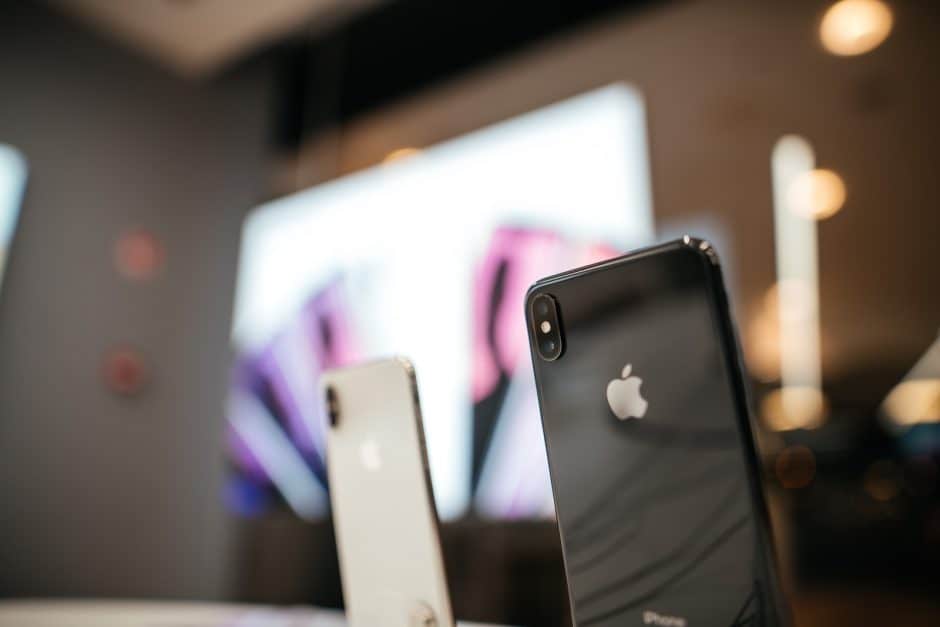The way we interact with the world around us has changed dramatically with the advent of mobile technology. The first widespread use of mobile phones was in Japan in 1991, but they didn’t become popular until 1992 when Nokia released the iconic 3210 phone. At that time, most people only used their phones for making calls and sending text messages.
Fast-forward to today and there are now over 7 billion active mobile phone subscriptions worldwide. People are using their phones for everything from booking flights and hotel rooms to online banking and shopping. They’re also using them to connect with friends and family through social media platforms like Facebook, Twitter, and Instagram.
How has mobile technology made our lives easier?
Mobile technology has made our lives easier by giving us instant access to the information we need, when we need it. With a mobile device, we can stay connected with family and friends, check the latest news, find directions to our destination, and so much more. Mobile devices are also helpful for conducting business on the go. For example, you can easily check your email or take notes during a meeting using a tablet or smartphone.

What are some of the benefits of using mobile technology?
There are many benefits of using mobile technology. Some of the most important benefits include:
1. Increased productivity – Mobile devices can help increase productivity by allowing employees to work from anywhere at any time. This flexibility allows workers to complete tasks quickly and efficiently, whether they are in the office or on the go.
2. Improved communication – With mobile technology, employees can communicate with each other instantly, regardless of location. This helps to improve teamwork and collaboration, resulting in faster decision-making and increased efficiency.
3. Greater flexibility – Mobile devices offer a level of flexibility that is not possible with traditional computers. Employees can use them for a variety of purposes, such as checking email, making calls, or browsing the web. This gives them more freedom to work how they want and when they want.
4. Enhanced security – Mobile devices are often protected by strong security measures that keep confidential data safe from prying eyes..This ensures that sensitive information remains secure even if the device falls into the wrong hands.
What are some of the drawbacks of using mobile devices?
The use of mobile devices has drastically changed the way we live our lives. We can now access the internet anywhere and at any time with just a few taps on our screens. While there are many benefits to using mobile devices, there are also some drawbacks that should be taken into consideration.
One of the biggest drawbacks of using mobile devices is their impact on our physical health. Mobile devices often require us to hunch over or look down for long periods of time, which can lead to neck and back pain. Additionally, spending too much time looking at screens can cause eye strain and other vision problems.
Another big drawback of using mobile devices is how they affect our social interactions. Smartphones and other mobile devices have made it easy for people to isolate themselves from others by spending more time online instead of in person. This can lead to loneliness and depression, especially in young people who are already vulnerable to these conditions.
Finally, another downside of using mobile devices is that they can be addictive. People often find themselves checking their phones constantly throughout the day, even when they don’t really need to do so. This constant checking can keep people from completing important tasks or enjoying fully immersive experiences like reading a book or participating in a conversation.






